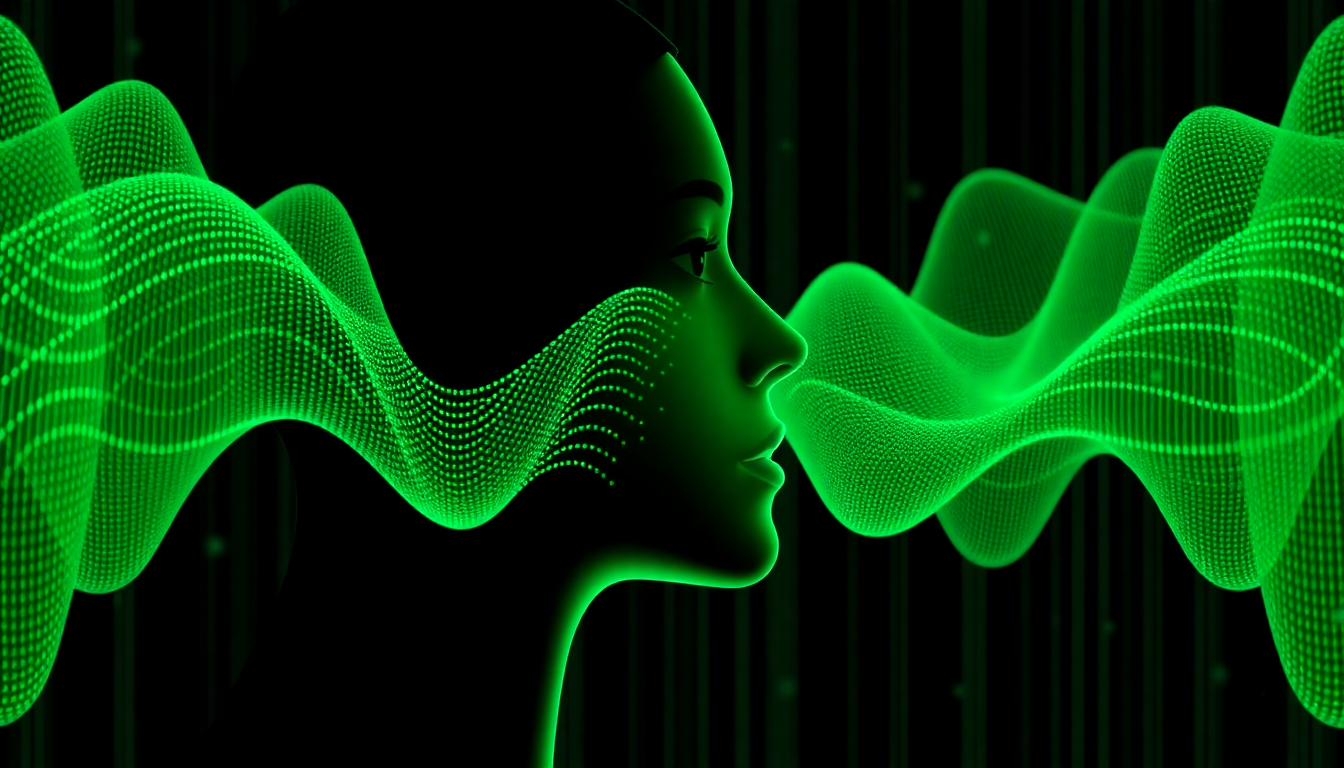What is ChatGPT’s Tasks Feature?
The new Tasks feature allows users to create reminders and set recurring tasks directly within ChatGPT. It brings practicality to the platform, enabling it to manage real-world actions.
For example, users can:
- Set one-time reminders for events like meetings or appointments.
- Automate recurring notifications, such as daily weather updates or weekly to-do lists.
The feature also includes a dedicated task management interface, where users can view, edit, or cancel scheduled tasks. Notifications are sent across web, desktop, and mobile platforms, ensuring reminders are timely and accessible.
How ChatGPT Enhances Digital Assistance
What sets ChatGPT apart from traditional digital assistants like Siri and Alexa is its conversational intelligence. Users don’t need to rely on rigid commands. Instead, they can interact naturally:
- “Remind me to submit the report tomorrow at 3 p.m.”
- “Set a recurring reminder to review my calendar every Monday morning.”
- “Send me a daily update on the weather at 7 a.m.”
ChatGPT processes these inputs with context, making task management intuitive and seamless. It can even suggest tasks based on prior interactions, further personalizing the experience.
By integrating scheduling tools with conversational AI, ChatGPT expands beyond being a chatbot into a smart productivity assistant.
Competing with Siri, Alexa, and Google Assistant
With the addition of Tasks, ChatGPT is entering direct competition with established digital assistants. While Siri, Alexa, and Google Assistant excel in ecosystem integration (like smart home controls), ChatGPT offers distinct advantages:
- Cross-Platform Flexibility: Unlike Siri or Alexa, which are tied to specific devices, ChatGPT works seamlessly across platforms, making it ideal for users with diverse devices.
- Conversational Intelligence: ChatGPT’s advanced language processing allows for natural, adaptive interactions that feel intuitive rather than scripted.
- Customizable Suggestions: ChatGPT learns from user preferences, offering tailored task recommendations that other assistants may lack.
This combination of flexibility and intelligence positions ChatGPT as a powerful alternative in the growing AI assistant market.
Real-Life Applications of ChatGPT Tasks
The Tasks feature extends far beyond simple reminders, addressing needs across personal, professional, and academic settings:
1. Professional Productivity
For busy professionals, ChatGPT simplifies scheduling and follow-ups. It can remind users about meetings, project deadlines, or client calls. By automating these tasks, ChatGPT frees up mental space, allowing users to focus on strategic priorities.
2. Personal Organization
From managing household schedules to keeping track of errands, ChatGPT can handle day-to-day organization effortlessly. Users can schedule reminders for recurring activities like paying bills, grocery shopping, or family events.
3. Health and Wellness
The ability to set recurring notifications makes ChatGPT a great tool for maintaining healthy habits. It can remind users to take medications, drink water, or exercise regularly, making wellness a priority without the need for additional apps.
4. Academic and Self-Improvement Goals
Students and lifelong learners can use ChatGPT to stay on track with study schedules, assignment deadlines, or personal development goals. By automating reminders, ChatGPT ensures consistency and progress.
Current Limitations of the Beta
The Tasks feature is currently in beta and limited to ChatGPT Plus, Team, and Pro subscribers. Users can manage up to 10 active tasks at a time, which may be restrictive for those with more complex schedules.
Additionally, the feature is unavailable to free-tier users, and OpenAI has not announced a timeline for wider availability. Future updates will likely expand its functionality and accessibility, based on user feedback during the beta testing phase.
The Future of AI-Powered Task Management
The launch of Tasks underscores the growing role of AI productivity tools in daily life. By combining natural language processing with actionable capabilities, ChatGPT is setting new standards for AI-powered digital assistance.
For businesses, this means integrating ChatGPT into workflows to improve efficiency and automate routine tasks. For individuals, it provides a simple yet powerful way to manage life’s demands, from scheduling appointments to forming better habits.
This evolution also positions ChatGPT as a key player in the broader digital assistant market, challenging established names like Siri, Alexa, and Google Assistant.
Addressing Challenges and Ethical Considerations
With its expanded capabilities, ChatGPT also faces challenges. Privacy concerns are paramount, especially when users share sensitive information to schedule tasks. OpenAI’s commitment to transparency and secure data handling will be critical in building and maintaining user trust.
Moreover, as ChatGPT becomes more integral to productivity, it raises questions about dependency on AI for managing daily life. Striking a balance between convenience and autonomy will be key as AI tools like ChatGPT evolve.
The Road Ahead for ChatGPT Tasks
The introduction of the Tasks feature is a pivotal step in ChatGPT’s evolution. By integrating scheduling, recurring reminders, and personalized suggestions, OpenAI has expanded the platform’s functionality far beyond basic conversation.
As the feature matures, its applications will only grow. Whether you’re managing a busy professional life, coordinating personal schedules, or working toward long-term goals, ChatGPT’s Tasks feature offers a practical and innovative solution.
In an increasingly complex world, ChatGPT proves that AI-powered digital assistants aren’t just helpful—they’re essential. With its unmatched conversational intelligence and growing task management capabilities, ChatGPT is redefining how we approach productivity.



